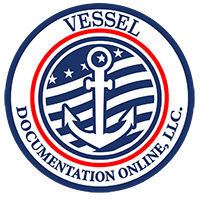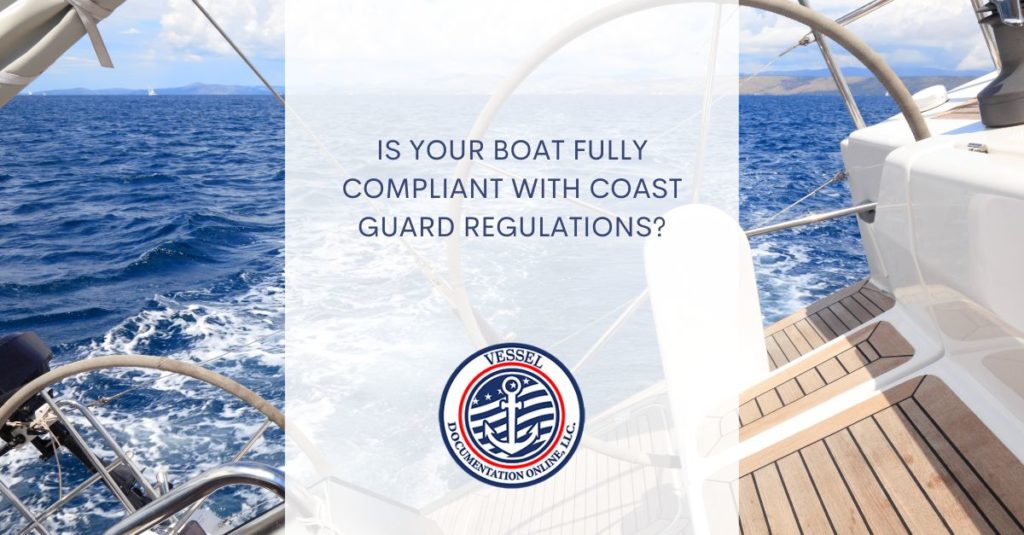If you love having your boat out on the open water or if you run a commercial business with your boat, it’s vital to ensure that your boat follows all Coast Guard regulations and that your paperwork is always up to date. Failure to do so is illegal and can lead to fines and perhaps even the loss of your boating license. If you use your boat for business, this can be devastating, so it’s best to be sure your boat is always fully compliant with the United States Coast Guard regulations.
Federal Documentation
While it’s possible to register a boat at the state level, if you are using your vessel for commercial purposes, it must go through the federal documentation process with the United States Coast Guard. You will need to provide information about the boat so that it can be registered. This might include but is not limited to, the hull identification number and the name of the boat. If you are boarded by the USCG and cannot provide federal documentation paperwork, your boat may be impounded and you could have to pay large fines.
Type of Boat
The exact federal regulations are dependent on the kind of boat you have, so it’s important that you understand what the guidelines are for your vessel. This varies based on the purpose of the boat. There are also safety standards that your watercraft must meet so that it’s compliant with the USCG regulations. The kind of equipment your boat has also plays a role in regulations. That includes a garbage disposal and oil discharge, as well as how and when you wash the boat itself.
Of course, recreational boats have their own set of regulations, so that’s something to keep in mind as well. In this case, there are guidelines based on the size of the boat and the number of passengers that regularly board the boat. This will tell you how many life jackets are necessary to keep in the vessel. You also need to keep safety equipment on hand, including a fire extinguisher, distress signals, sound-producing devices, lighting equipment and toilet management equipment.

How Are These Regulations Different?
Because there are regulations that occur at the federal level and the state level, it’s important to understand the difference. The United States Coast Guard regulations may differ from those in the state in which you reside. It’s vital to follow each set of regulations. There may be some overlap, but you might see specific guidelines in your state that aren’t present at the federal level or in other states. You must still adhere to those regulations as well. If you have all the paperwork relevant to your boat on board and are able to prove that you are following equipment and safety regulations, you likely don’t have anything to worry about.
Do you need to update or procure documentation for your boat so that you are in compliance with the United States Coast Guard regulations? The US Vessel Documentation Center is here to help you facilitate the process. Find all the forms you need on the website and contact us if you have any questions.




